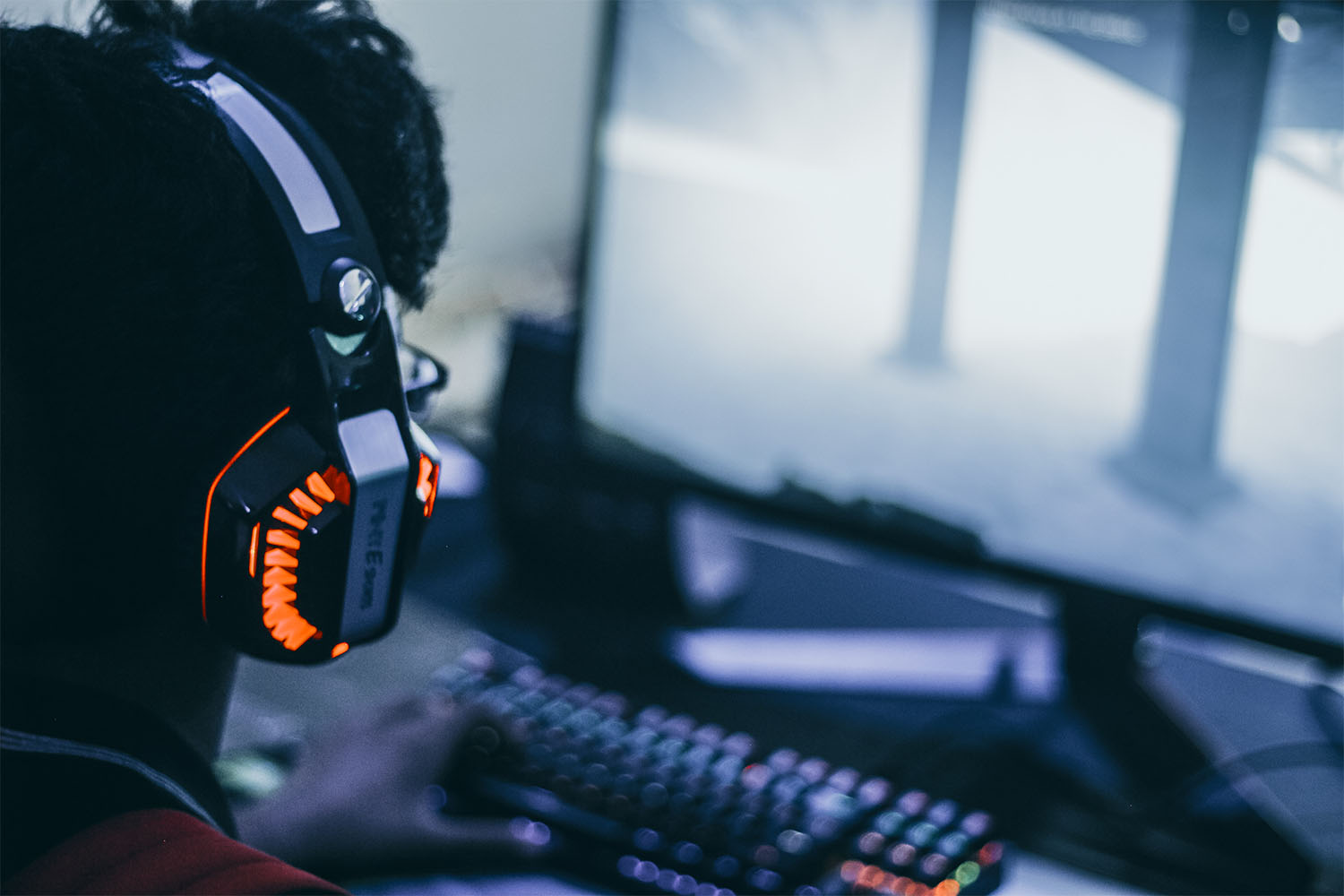Interactive Entertainment Update | February 2021
Published on 16th February 2021
In last year's Interactive Entertainment Update, we predicted change and competition for the industry in 2020. It is fair to say that the year delivered a major shake-up, although not just for the reasons that we had anticipated.

The interactive entertainment industry gave people a vital means of escape, interaction and support during the pandemic. As a result, perceptions have shifted, the conversation around video games addiction has become more nuanced and rational and more people around the world identify as gamers resulting in the industry's unprecedented success. The rising tide has raised all ships and, despite the challenging climate, next-gen consoles have experienced much success in parallel with cloud gaming platforms and mobile.
Looking at the next 12 months and beyond, the interactive entertainment industry will be looking at further change. As working from home has become the norm, cyber security risks are on the rise, with groups targeting the industry for its rich data and other intangible assets. The UK's new relationship with the EU has now begun, and along with it – the challenges of navigating the new borders. The success that the video games industry has enjoyed in 2020 has meant that some war chests are a bit larger than projected and this may lead to a run of M&A activity in 2021 as the economy opens up again. Indeed 2021 was already heralded by announcements of some of the largest deals we have seen to date. Finally, issues such as Diversity and Inclusion, climate change and further regulation will be moving up the board agenda again as we see some return to normality as the year goes on.
In this series of articles, our interactive entertainment experts provide insights on some of the issues and trends that will be shaping the legal and regulatory landscape over the coming year.
How close is too close? A look into the use of altered trade marks and third-party ‘patches’ in videogames
Games developers may want to deliver a realistic experience, but this can leave them open to claims where it extends to including sports teams without the necessary IP licences being in place.
Future of work in games: new EU-UK relationship brings renewed focus on immigration for the games industry
The requirement, since 1 January 2021, for all EU nationals coming into the UK for work to have a visa that permits work has put a renewed emphasis on immigration for companies that frequently recruit from the EU or have offices in the EU.
Gaming subscriptions: are you playing by the rules?
The subscription model can be attractive for interactive entertainment businesses, but brings with it a raft of legal considerations and compliance challenges
Preparing for and responding to cyber-attacks in the games industry
Like a number of other data-driven sectors, the games industry has recently seen a string of high profile cyber-attacks that has placed it on high alert. As workforces continue to work from home, games companies need to reconsider the way they prepare for and respond to cyber crises.
This article provides a brief overview of some of the cyber risks faced by games companies; how they can mitigate these risks; and what to do when the attackers strike.
Fight against counterfeiting: does legitimate protection of a company’s Intellectual Property justify limiting tech interoperability?
On October 26, 2020 the French Competition Authority (FCA) refused the commitments proposed by Sony relating to the licensing conditions for the manufacture and distribution of controllers compatible with its best-seller console. These commitments were intended to eliminate competition concerns the FCA had identified in relation to Sony's dominant position in the market - and the necessity of the licence to enable third parties to compete. However, the FCA considered the commitments proposed by Sony did not adequately address the competition concerns that had been identified, so it reopened its investigations into the manufacturer.
Do recent trends indicate a change in the video games landscape?
Over the past year, we have seen a number of big-ticket acquisitions from the major industry players, next-generation console releases and the introduction of cloud gaming platforms like Stadia and xCloud. With the pandemic having accelerated the adoption of technology and consumption of digital goods, what can we expect to see in 2021?



